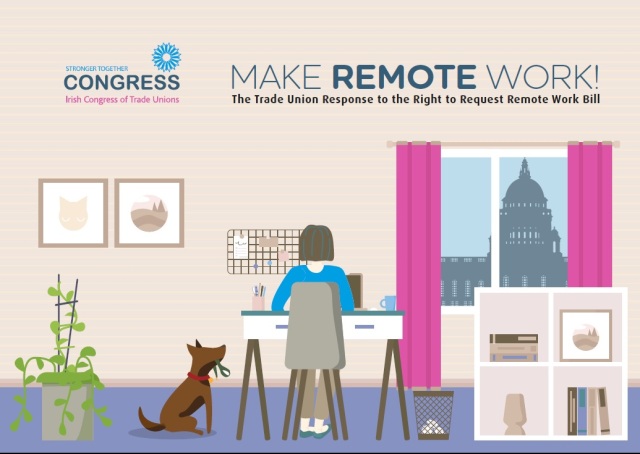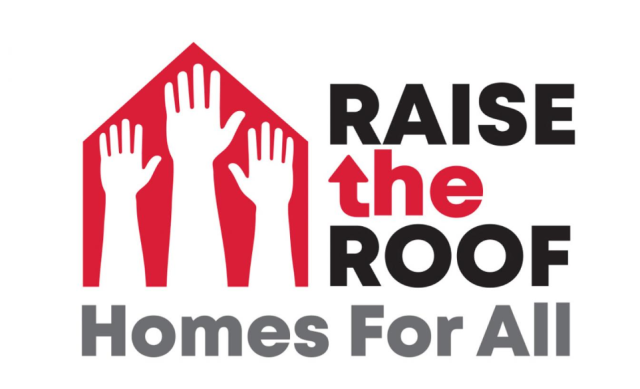One in every five people working experiences deprivation
October 3rd: Unite Regional Secretary Jimmy Kelly said today that the working poor cannot take another hit in the forthcoming Budget. Mr Kelly was commenting on the union’s latest Economic Comment, Take-Home Deprivation: An Urgent Budgetary Issue, which shows that the deprivation rate of those in work nearly doubled between 2008 and 2011, the last year for which figures are available.
Over one million people are categorised as ‘deprived’ by the CSO, and levels of deprivation are rising for those in work, with over one in every five people working experiencing deprivation – a number which doubled in a three-year period. Even those households with two people working have a one-in-ten chance of living in poverty – again, double the 2008 figure.
“It is no surprise that rates of in-work poverty started to increase around the time of the onset of the economic crisis, and the austerity response, almost doubling by 2011”, Jimmy Kelly said.
“Falling wages, reduced working hours and increased taxes and service charges are just some of the factors contributing to these growing levels of in-work poverty and deprivation. And, given that there have been two more austerity budgets since the most recent figures in 2011, we can expect the deprivation levels to have increased further.
“We need to reverse this downward poverty cycle by increasing the minimum wage, addressing under-employment among part-time workers and increasing social protection for those in work and out of work – an increase which can be funded by increased taxation on high-income groups and unproductive activities”, Mr Kelly said.
Unite research officer Michael Taft said:
“’Redirecting income to low-income groups – both low-paid and social protection payments – should be seen as an investment. This income will be re-circulated into the consumer economy, boosting business turnover, employment and wages. It will further reduce the very real economic and social costs associated with deprivation and poverty. Increasing the wages and incomes of low-income groups is not an obstacle to recovery. It is an essential ingredient for a more prosperous economy”.











